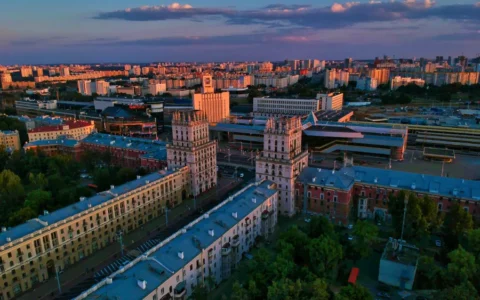Hong Kong’s Return to Pay-to-Play Residency
Hong Kong is reinstating its “pay-to-play” model, offering residency to individuals who invest 30 million Hong Kong dollars ($3.8 million) into the city. The Capital Investment Entrant Scheme, initially operational from 2003 to 2015, is being revived in response to the recent economic slowdown. Set to recommence in mid-next year, the scheme is anticipated to generate about $15.4 billion annually with an expected participation of around 4,000 people each year, as stated by Christopher Hui, the city’s secretary for financial services and treasury.
Economic Context and Program Details
The decision comes at a time when Hong Kong has witnessed a resident exodus and political unrest, compounded by a downturn in the local property market. The city’s officials are looking at this program as a means to stimulate economic growth and revive its wealth. The required investment includes a mandatory $384,322 in a portfolio supporting local technology and innovation. While residential real estate is excluded, investments in industrial and commercial properties are capped at $1.3 million.
Global Trend of Residency-by-Investment
Hong Kong’s approach mirrors a global trend where countries offer residency in exchange for monetary investment. Throughout Europe, the demand for “golden visas” has surged, with countries like Portugal and Spain experiencing an uptick in applications. However, not all countries continue to embrace this strategy; Ireland and the United Kingdom recently terminated their programs amid concerns over the societal implications of wealth-based residency.
Challenges and Criticism
Critics argue that residency-by-investment schemes can inflate real estate prices and displace local populations. Despite these concerns, Hong Kong is willing to revitalize its economy by attracting foreign capital through this reinstated scheme. The move reflects the city’s prioritization of economic recovery and growth, even as it navigates the complexities of societal impact and global trends in investment migration.
Conclusion: Hong Kong’s Strategic Bet
By reintroducing the Capital Investment Entrant Scheme, Hong Kong is making a strategic bet to leverage foreign investment as a catalyst for economic revitalization. The program reflects broader global patterns and debates surrounding investment-based residency, showcasing the city’s determination to regain its financial vibrancy amidst recent challenges. As the scheme unfolds, it will be crucial to monitor its impact on Hong Kong’s economy and society, as well as its position within the wider context of global residency-by-investment trends.






